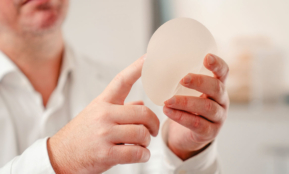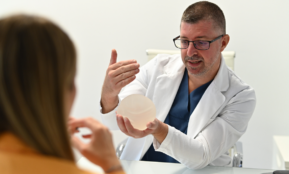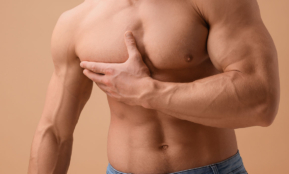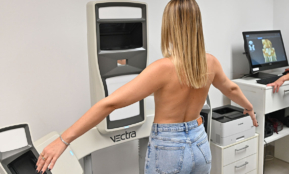Aesthetics
Face
The most modern facial treatments help you look younger, more elegant and happier.
Body
Feel comfortable in your body and correct sources of discomfort.
Chest
Make your wish for a better appearance come true and restore your self-confidence with aesthetic correction.
Hair and scalp
Minimally invasive solutions for hair loss and a natural look.
Issues
Find solutions to some of the most common aesthetic problems.
Treatments
Surgery
Treatments

Hair and scalp mesotherapy
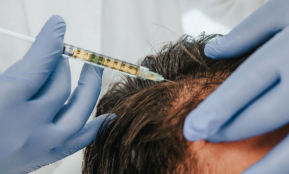
Thinning hair therapy with your own blood

Trichotest – DNA analysis of hair loss and baldness

Hair loss in women – causes and how to prevent it

Hair loss in men – causes and how to prevent it
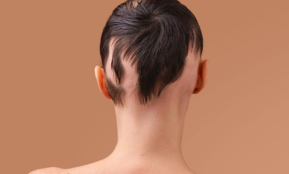
Alopecia – hair loss
FACE
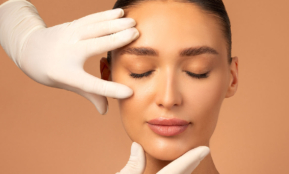
BODY
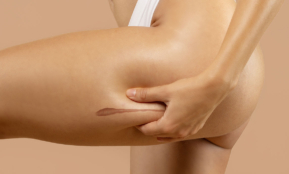
Implantology Center
Different methods of solving the problem of missing one or more teeth.
Prosthetics
The most common solution in cases of functional or aesthetic tooth damage.
Aesthetic Dentistry
Harmonious tooth shaping and tooth color correction according to your wishes.
General Dentistry
Modern and timely diagnostics, treatment and dental hygiene are the key to the health of your teeth.
Issues
Find solutions to some of the most common aesthetic problems.
About us
Locations
Causes of turkey neck
The causes of turkey neck may be as follows:
-
Aging
As we age, the skin loses collagen and elastin, which can lead to sagging and wrinkles on the neck.
-
Genetics
Hereditary factors may play a role in how the skin on your neck ages.
-
Sun exposure
Long-term exposure to UV rays can cause skin damage, accelerate aging, and worsen the appearance of turkey neck.
-
Dehydration
Lack of hydration can cause skin to look dry and wrinkled.
-
Lack of muscle tone
Muscle weakness in the neck can contribute to loose skin.
How to reduce the appearance of a turkey neck?
If you want to hide turkey neck or reduce its appearance, here are some techniques and tips:
-
Makeup
Use concealer and foundations to even out the complexion and reduce the appearance of wrinkles. Choose products with moisturizing properties.
-
Skin firming creams
Use creams with ingredients like retinoids, vitamin C, and hyaluronic acid that can improve skin firmness and hydration.
-
Sun protection
Apply sunscreen to your neck daily to prevent UV damage that can worsen skin conditions.
-
Neck exercises
Regular neck toning exercises can help strengthen the muscles and reduce sagging skin. The exercises include stretching and toning the neck.
-
Neck treatments
Consult a dermatologist or maxillofacial surgeon about treatments that could reduce or eliminate turkey neck.
Prevention of turkey neck
Here's how you can prevent or slow the development of turkey neck:
-
Use UV protection
Use a high SPF sunscreen (at least SPF 30) on your neck regularly, even on cloudy days. UV rays can cause skin aging and worsen the appearance of sagging skin.
-
Skin hydration
Use moisturizers that contain ingredients like hyaluronic acid, ceramides, and peptides. These ingredients help maintain skin moisture and improve its elasticity.
-
Nutrition
Include foods rich in antioxidants, vitamins and healthy fats in your diet. Fruits, vegetables, nuts and seeds can help maintain healthy skin.
-
Sleeping on your back
If possible, sleep on your back to reduce pressure on the skin of your neck. Sleeping on your stomach or side can cause additional wrinkles due to the pressure on the skin.
-
Dermatological examinations
Consult a dermatologist regularly to monitor the condition of your skin and get advice on prevention and treatments.
-
Professional treatments
Consider treatments like chemical peels, radiofrequency, or laser treatments that can help maintain skin firmness and elasticity.
Turkey neck and genetics
Here's how genetics can influence the appearance of turkey neck:
-
Genetically determined skin elasticity
Hereditary factors can determine how elastic and firm your skin is. If your parents had loose skin on your neck, you are more likely to have a similar problem.
-
Skin thickness and tone
Hereditary predisposition can affect the thickness of the skin and muscle tone in the neck. Thinner skin and weaker muscles can show signs of sagging more quickly.
-
Genetic factor of aging speed
Some people genetically age faster due to genetic variations that affect the rate of loss of collagen and elastin in the skin. This can result in faster appearance of wrinkles and sagging skin on the neck.
-
Distribution of adipose tissue
Genetics can affect the way fat is distributed in the body. If you have a hereditary tendency to accumulate fat in the neck area, this can contribute to a "turkey neck."
-
Congenital disorders
Some genetic disorders can affect the structure and firmness of the skin, which can result in more visible sagging skin on the neck.
BLOG SUGGESTION


